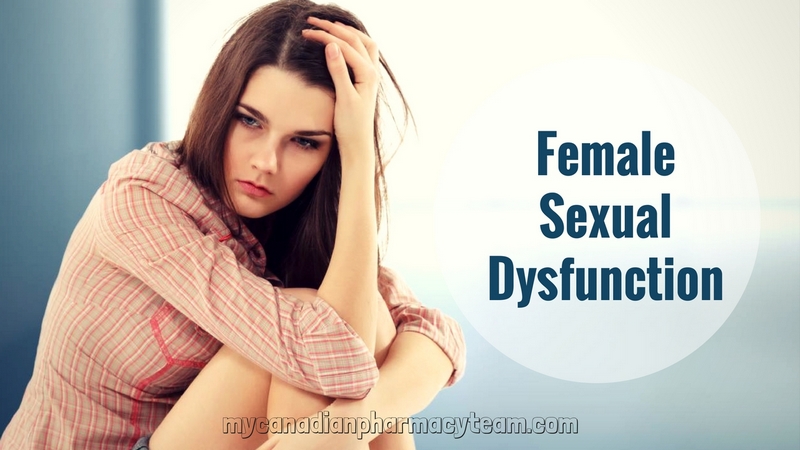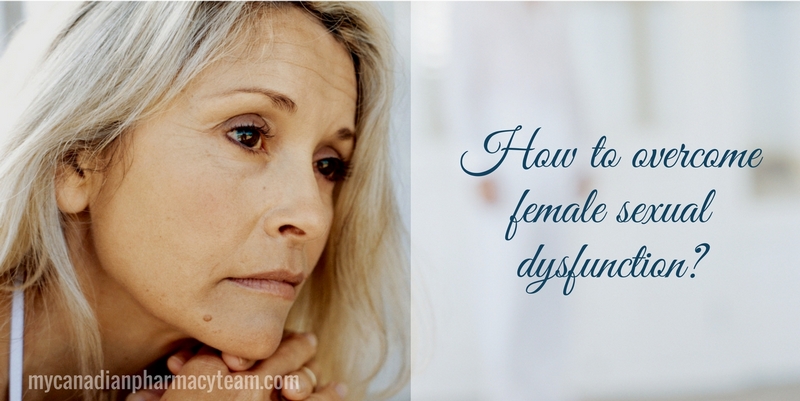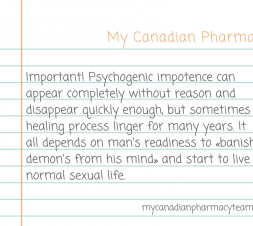Sexual dysfunction is a problem that occurs in any phase of a sexual response cycle that prevents a person or couple from enjoying sexual activity. The cycle of sexual response consists of four phases: stimulation, plateau, orgasm, and discharge.
Although scientists suggest that sexual dysfunction is quite common (40% of women and 30% of men report different types of male and female sexual problems), many people do not want to discuss this topic. Fortunately, most cases of sexual dysfunction are successfully treated, so it is very important to discuss your problems with a partner and a doctor.
What causes sexual dysfunction?

Sexual dysfunction can be caused a physical or psychological problem.
- Physical causes of sexual dysfunction. A variety of physical and/or medical problems can lead to sexual problems. These diseases include diabetes mellitus, neurological diseases, hormonal imbalance, menopause, chronic kidney disease, liver failure, alcoholism and drug addiction. In addition, the side effects of certain medications, including antidepressants, can affect sexual desire and sexual function;
- Psychosocial causes of sexual dysfunction include work-related stress, anxiety, failed sexual activities in the past, relationship problems, depression, guilt and the impact of sexual trauma from the past.
Who is prone to sexual dysfunction?
Both men and women are prone to sexual dysfunction. Sexual problems occur in adults of all ages. Elderly people are most susceptible to sexual dysfunction (associated with aging of the body).
Types of female sexual dysfunction
The most common types of this disorder include:
- Reduced sex drive. This lack of sexual desire or interest in sex. A variety of factors can affect the lack of sexual desire, including hormonal changes, medical illnesses, and treatment (eg, cancer and chemotherapy), depression, pregnancy, stress, and fatigue. Bored sexual routine can also cause the lack of desire to have sex. Reduced sex drive is also influenced by lifestyle factors – career and caring for children;
- Inability to get excited. For women, the inability to get excited during sexual activity is often caused by poor vaginal lubrication. Failure to get excited can also be associated with anxiety or inadequate stimulation. In addition, My Canadian Pharmacy wants you to know that low libido is sometimes caused by problems with blood pressure which affects the vagina and the clitoris;
- The absence of orgasm (anorgasmia) is the absence of sexual relaxation (orgasm). It can arise from the denial of one’s feminine essence, inexperience, lack of knowledge and such psychological factors as feelings of guilt, anxiety or sexual trauma or rape in the past. Other factors leading to anorgasmia include inadequate stimulation, certain drugs that reduce libido and chronic diseases;
- Painful sexual intercourse. Pain during intercourse can lead to a variety of problems, including endometriosis, tumor formation in the small pelvis, ovarian cysts, vaginitis, poor hydration, scar tissue after surgery. The disease called “vaginismus” is a painful, involuntary spasm of muscles surrounding the entrance to the vagina. It can develop in women who fear that penetration will be painful and can also arise because of painful sexual experience in the past.
How is female sexual dysfunction diagnosed?
The doctor will start with physical examination and evaluation the symptoms of the disease. He can perform a gynecological examination to assess the health of the reproductive organs and detect changes in cervical cells (to check for cancer or precancerous conditions). He can prescribe other tests to establish other medical problems that can cause sexual disorder in women.
The doctor will assess your attitude towards sex, other possible contributing factors (fear, anxiety, sexual trauma in the past/rape, relationship problems, alcohol, drug addiction, etc.) that will help him understand the causes of the problems and give appropriate recommendations regarding treatment.
How to overcome female sexual dysfunction?

An ideal approach to the treatment of this disorder involves the team effort of a woman, a doctor, and a psychotherapist. Most types of sexual problems in women can be corrected by eliminating physical and psychological problems. Other treatment strategies focus on the following issues:
- Provision of information. Knowledge of human anatomy, sexual function, normal changes associated with aging, and sexual behavior and responses can help a woman overcome anxiety about sexual function;
- Increasing stimulation. Women can use erotic materials (videos and books), masturbation and a change in sexual routine;
- Distracting techniques. Erotic or non-erotic fantasies; exercises with sexual intercourse; music and video can be used to relax and reduce anxiety;
- Stimulating non-sexual behavior (physical activity that does not include sexual intercourse), including erotic massage, can be used to improve communication between sexual partners;
- Reducing painful sensations. Choosing sexual positions that allow a woman to control the depth of penetration can help reduce pain. Vaginal lubricants can help reduce pain during frictions, and a warm bath before sexual intercourse will help to relax.
The success of treatment also depends on the cause of the problem. Dysfunctions are curable physical states. A minor sexual dysfunction due to stress, fear or anxiety can be successfully treated by psychological counseling, education and improved communication with a partner.
How do hormones affect sexual function?
Hormones play an important role in regulating the sexual function in women. The reduced production of the hormone estrogen with aging and menopause cause some changes in the sexual function, reducing vaginal lubrication and genital sensations. My Canadian Pharmacy suggests that a low level of male hormone testosterone also reduces sexual arousal, genital agitation, and orgasm. Scientists are investigating the effects of hormones and other medications, including Viagra-type drugs for sexual performance.
Can hysterectomy decrease libido?
Most women suffer from sexual dysfunction after a hysterectomy. These changes include loss of sexual desire, reduction of vaginal lubrication and genital sensations. These problems can be associated with hormonal changes. Nerves and blood vessels important for the sexual function may be damaged during a hysterectomy procedure.
How does menopause affect this condition?
The reduced production of estrogen after menopause can change the female sexual function. Emotional changes that accompany menopause can lead to a loss of the woman’s interest in sex and/or the ability to get excited. Hormone replacement therapy or vaginal lubricants can improve certain conditions, such as a lack of vaginal lubrication and genital sensations, which can create sexual problems.
Some postmenopausal women have noted an increase in sexual satisfaction. This may occur as a result of reduced anxiety about getting pregnant.
When should I see a doctor?
Many women experience sexual problems from time to time. However, when problems are regular, they can cause stress and negatively affect a relationship. If you have these problems, visit your doctor for diagnosis and treatment.
Posted by Dr. Himanshu Singh

 English
English Deutsch
Deutsch Français
Français Italiano
Italiano Español
Español Svenska
Svenska Português
Português 日本人
日本人 Dansk
Dansk Norsk
Norsk Suomi
Suomi Czech
Czech


